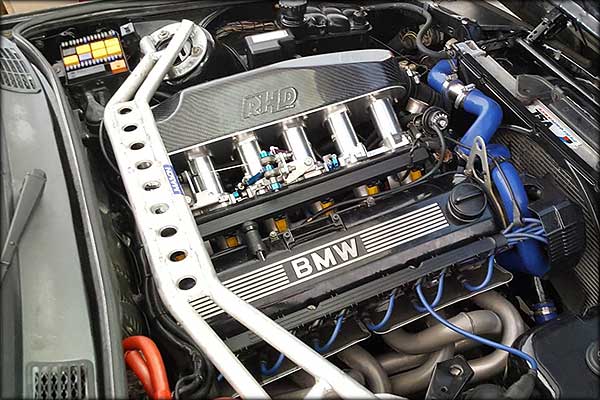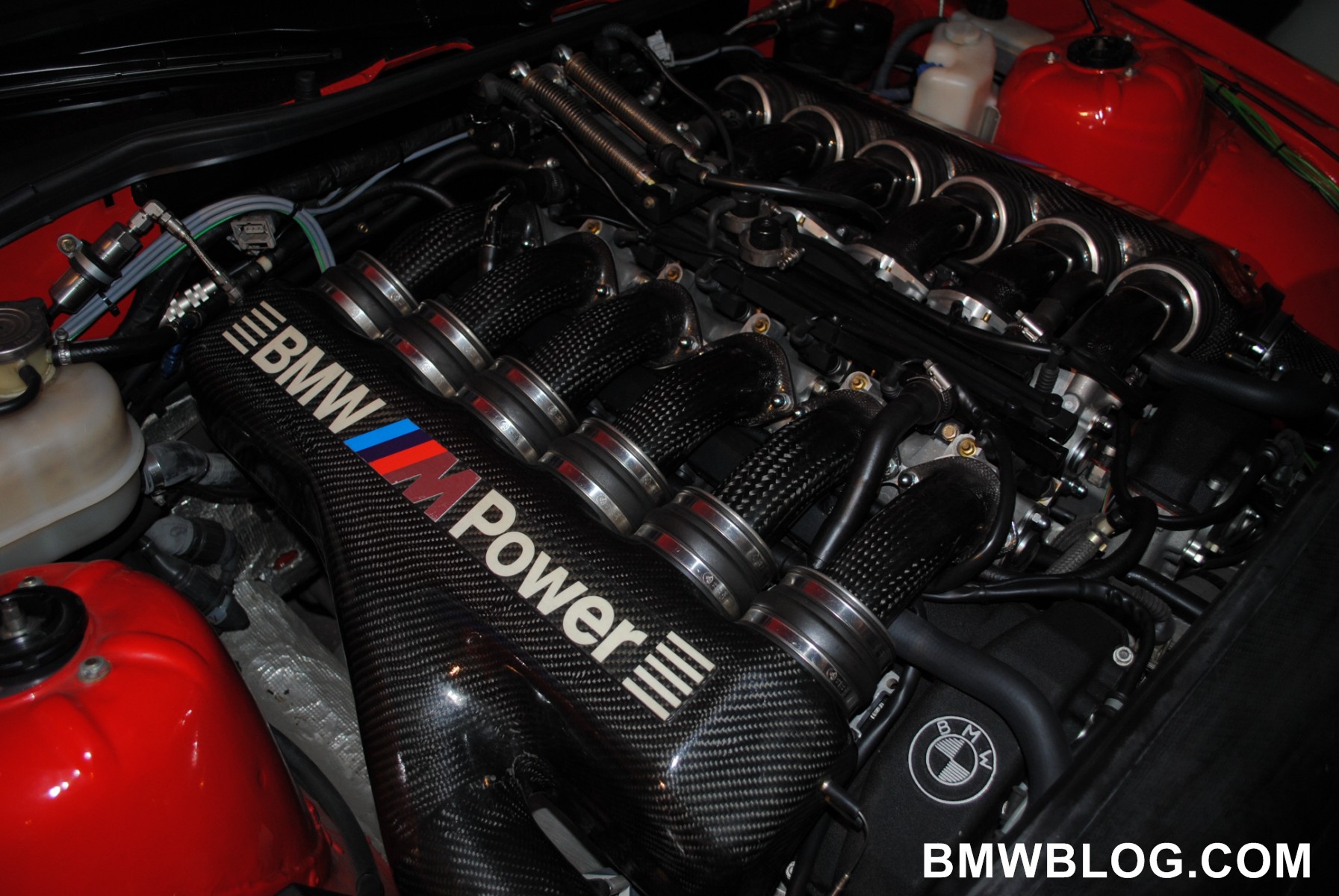A Comprehensive Overview to Understanding BMW Engine Specifications
A Comprehensive Overview to Understanding BMW Engine Specifications
Blog Article
Unveiling the Intricacies of Next-Generation Power Units: a Deep Dive Into Advanced Engine Innovations and designs
As we stand on the precipice of a brand-new age in transport, the intricacies of next-generation engine designs bid us to explore the sophisticated innovations and innovations that assure to redefine the driving experience. Digging much deeper into the worlds of emission control, intelligent engine monitoring systems, and the horizon of power device development, we locate ourselves on the cusp of a change that assures to reshape the landscape of mobility as we understand it.
Advancement of Engine Materials

The shift in the direction of progressed engine products has actually likewise made it possible for engineers to develop engines with higher power results while preserving fuel performance criteria. For example, the use of lightweight materials minimizes the total weight of the engine, resulting in enhanced fuel economic climate and reduced exhausts. Additionally, developments in materials innovation have actually enabled for much better thermal administration within engines, leading to enhanced dependability and durability.
Turbocharging and Supercharging Technologies
Just How do Turbocharging and Supercharging Technologies revolutionize engine performance and effectiveness in modern lorries? Turbo charging and turbocharging are innovations that considerably improve engine efficiency by raising the amount of air intake right into the combustion chamber. Turbocharging achieves this by making use of a turbine driven by exhaust gases to pressurize the consumption air, while supercharging makes use of a belt- or chain-driven compressor to achieve the exact same impact.
These technologies enable smaller, more fuel-efficient engines to generate power equivalent to bigger ones, called downsizing. Forcibly more air right into the cylinders, turbo charging and turbocharging improve burning efficiency, causing increased horse power and torque output without a substantial increase in engine dimension. This results in far better acceleration, pulling ability, and overall driving efficiency.
Furthermore, supercharging and turbocharging add to boosted fuel effectiveness by allowing the usage of smaller sized engines that eat less fuel under regular driving conditions - bmw engine. This mix of improved efficiency and performance has made turbocharging and supercharging essential parts of many contemporary engine styles
Exhaust Control and Environmental Influence
With enhancing international concerns concerning air high quality and ecological sustainability, the execution of emission control innovations in lorries plays an important duty in reducing damaging contaminants launched right into the ambience. Modern vehicles are equipped with sophisticated emission control systems that aid decrease the environmental impact of automobile operations. Catalytic converters, as an example, are made to convert toxic gases such as carbon monoxide, nitrogen oxides, and hydrocarbons into much less harmful compounds like carbon dioxide and water vapor.
Furthermore, developments in engine innovation, such as the integration of exhaust gas recirculation systems and selective catalytic decrease, have considerably contributed to lowering exhausts. These modern technologies function in tandem to maximize burning effectiveness and reduce the release of harmful toxins right into the air. Furthermore, Get the facts the advancement of hybrid and electrical automobiles represents an important step in the direction of lowering the general environmental footprint of the transport market.
Intelligent Engine Administration Systems

Furthermore, these systems enable vehicles to satisfy stringent exhausts standards without endangering performance, providing a much more environmentally friendly driving experience. The combination of expert system and artificial intelligence abilities in engine administration systems continues to press the boundaries of what is feasible, leading to additional improvements in effectiveness, dependability, and total vehicle efficiency. bmw engine. As automobile modern technology advancements, smart engine administration systems will certainly play an essential duty fit the future of transport in the direction of an extra reliable and sustainable direction
Future Trends in Power Device Development
As intelligent engine monitoring systems pave the way for enhanced control and optimization in modern-day lorries, future fads in power device growth are positioned to redefine the landscape of auto propulsion modern technologies. These different power resources use enhanced efficiency and performance while straightening with rigorous ecological policies.
Another significant trend is the integration of innovative products and producing techniques. Lightweight products such as carbon fiber and aluminum are being used to reduce total automobile weight, improving fuel performance and performance. In addition, innovations in 3D printing and additive manufacturing are enabling the manufacturing of complicated engine elements with higher precision and resilience.
Furthermore, expert system and machine knowing are playing More Info a vital role in maximizing power system efficiency. These innovations permit real-time surveillance and adaptive control, leading to a lot more efficient and trustworthy power distribution. Generally, future trends in power system growth are geared in the direction of efficiency, sustainability, and efficiency, driving the automobile sector towards a new period of propulsion innovations.

Final Thought
In conclusion, the improvements in engine materials, turbocharging, emission control, and intelligent monitoring systems have actually paved the way for next-generation power units. The intricate styles and technologies in modern engines showcase the ongoing development of vehicle modern technology.
Exploring the progressive developments in engine materials has been essential in check out here improving the performance and efficiency of modern engines. Over the years, the development of engine materials has played a crucial role in pressing the borders of what engines can attain.The change in the direction of progressed engine products has actually additionally allowed designers to create engines with greater power outcomes while preserving fuel efficiency standards.The execution of intelligent engine management systems in contemporary cars has revolutionized the means engines are controlled and optimized for efficiency and performance. By gathering data in real-time and assessing it with advanced algorithms, intelligent engine monitoring systems can adjust to driving styles, environmental elements, and engine health to maximize power output while decreasing gas usage and emissions.
Report this page